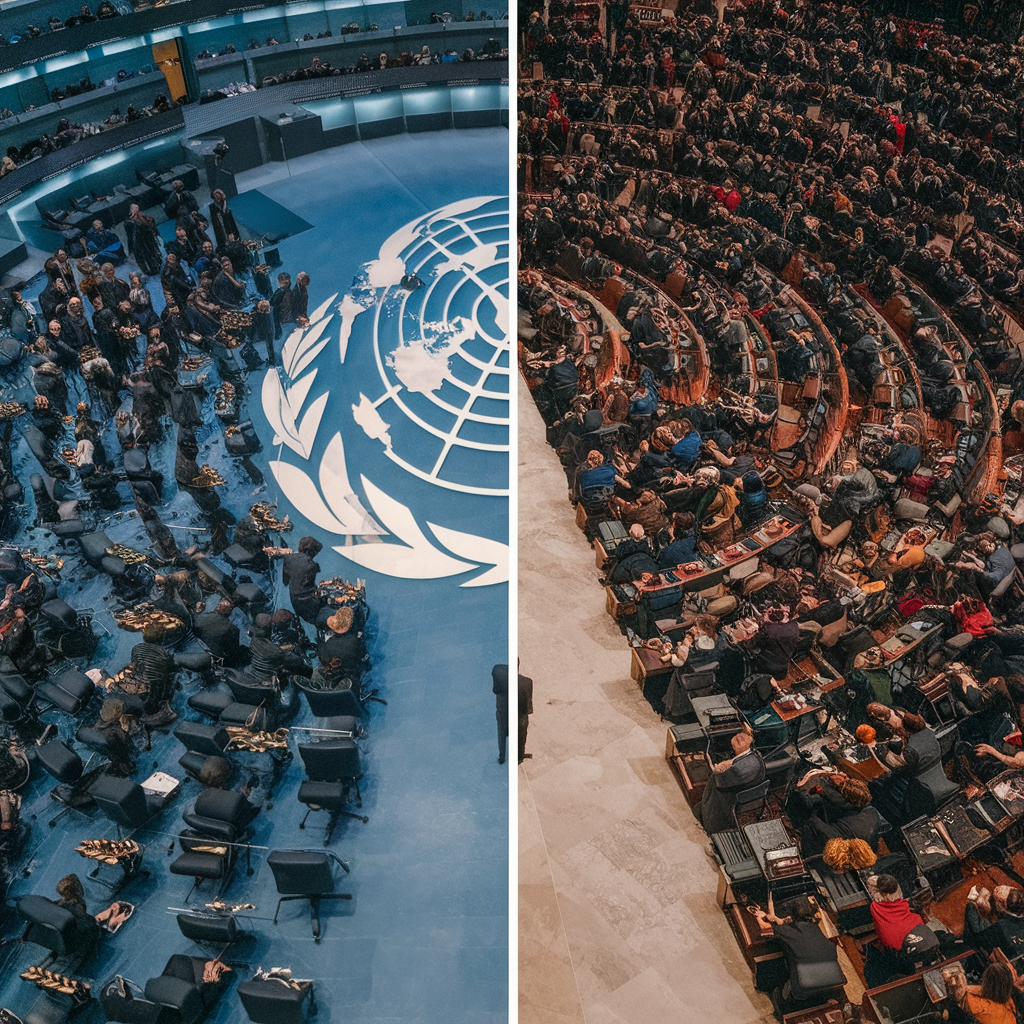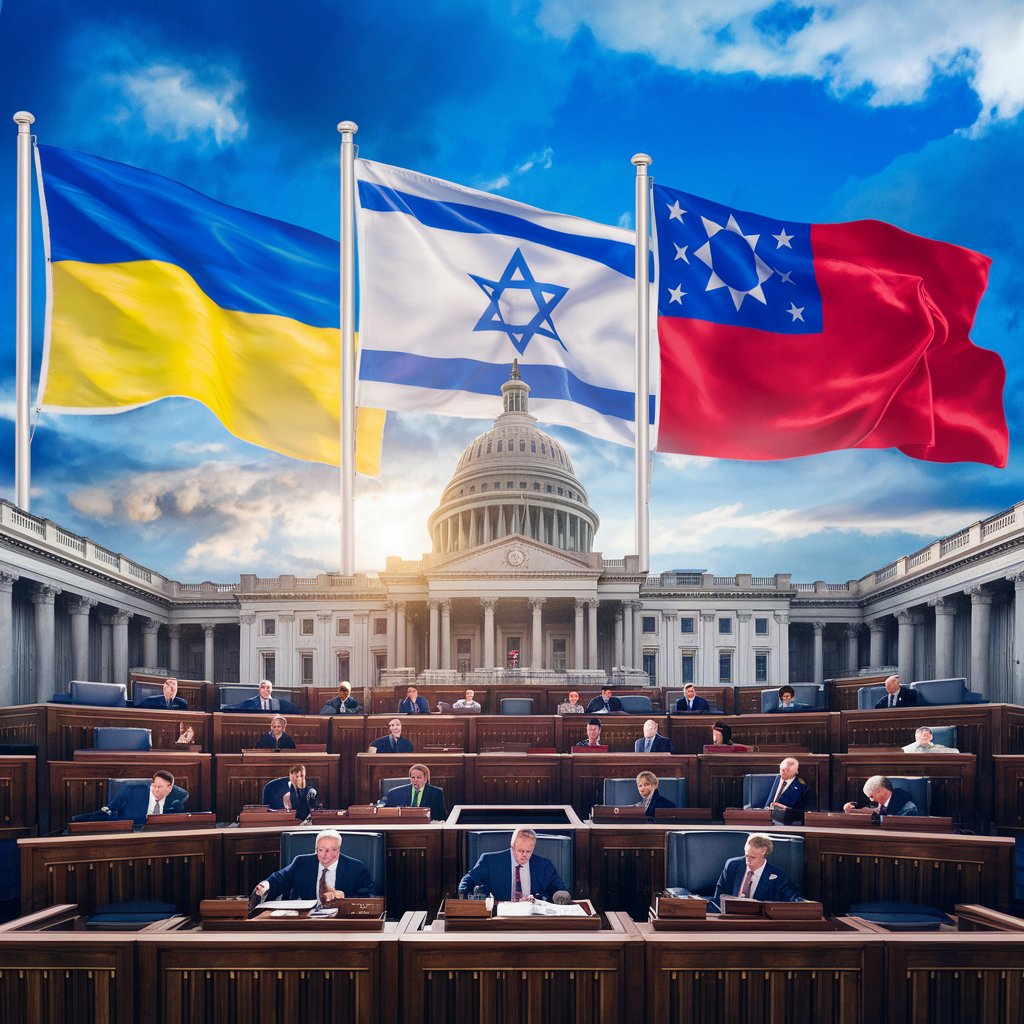Washington’s recent move to veto the UN Security Council resolution advocating for full UN membership for Palestine not only contradicts its long-standing rhetoric but also exposes its glaring hypocrisy. Despite advocating for a two-state solution alongside Israel, the US decision to oppose the resolution, despite significant international support, highlights its biased stance.
During the deliberations, US officials failed to address the apparent hypocrisy or reaffirm America’s commitment to the Palestinians’ right to self-determination. Instead, the focus was on the term “normalization,” indicating the US government’s priority in convincing other nations, like Saudi Arabia, to normalize relations with Israel.
The State Department’s explanation further revealed a deep-rooted problem, emphasizing the belief that direct negotiations offer the quickest path to Palestinian statehood. However, with over 30 years passing since the Oslo Accords and the absence of meaningful talks, this approach appears futile.
Israeli Prime Minister Benjamin Netanyahu’s public opposition to Palestinian statehood exacerbates the situation. His admission of actively working against the idea undermines any potential for progress through direct negotiations.
US justifications against immediate statehood, including calls for Palestinian government revitalization, appear feeble. While President Mahmoud Abbas has taken steps towards reform, these actions fail to address the fundamental issue of Palestinian statehood.
Behind these excuses lies an internal American dilemma. Laws from the 1990s dictate that UN recognition of Palestine as a full member state would result in the cessation of US funding to the organization. This legal constraint limits US foreign policy flexibility and has yet to be challenged or amended.
The contrast between US recognition of Israel in 1948 and its current stance on Palestine underscores the inconsistency in American foreign policy. Despite Palestine’s readiness for statehood, the US hesitates to extend recognition, undermining its leadership role in promoting freedom and democracy.
Moving forward, failure to recognize Palestine’s sovereignty will only fuel frustration and resentment. International support for Palestine continues to grow, challenging US isolation and weakening its credibility on the global stage.
Ultimately, recognizing Palestinian statehood is not a cure-all solution, but it offers a glimmer of hope essential for peace and stability in the region. Without a clear path to freedom, Palestinian frustration will persist, perpetuating conflict and suffering.



